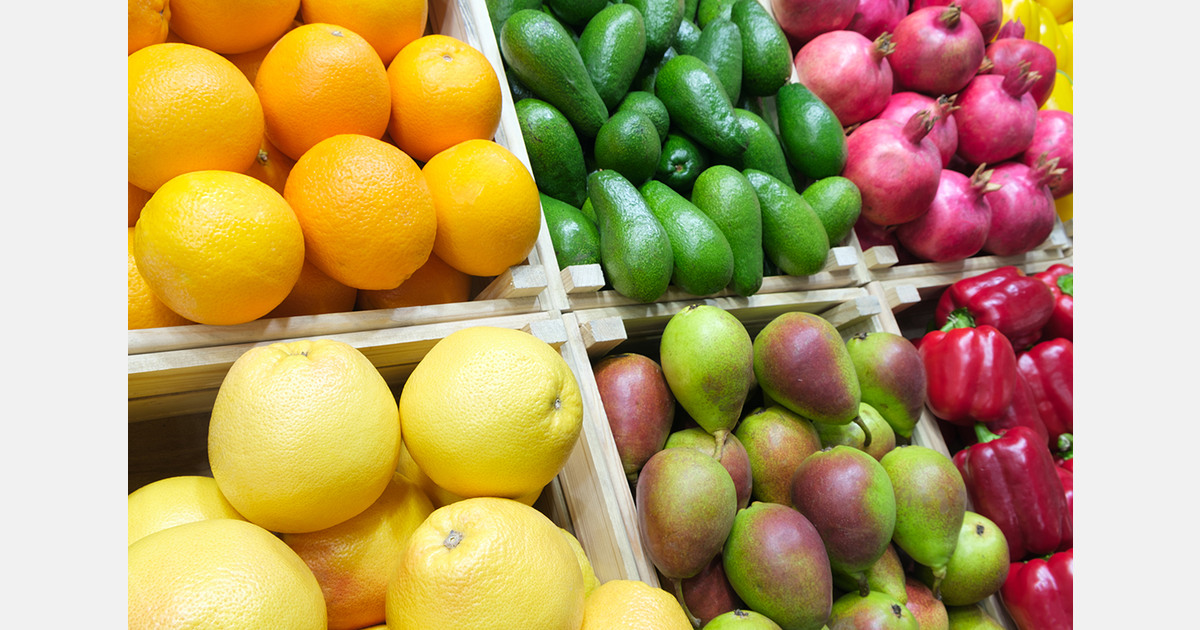
Milk prices climbing from $7 to $14, strawberries increasingly seen as a premium product, and a shift toward processed food are among the six-month outlooks presented by economists studying labor and agriculture.
Economists argue that labor shortages and tariffs are key drivers behind projected increases in produce prices. Deportations have reduced the supply of undocumented workers, who make up most of the U.S. farm workforce. At the same time, tariffs on tomatoes, coffee, and orange juice are adding to costs, limiting affordable import alternatives.
“The impacts are unambiguous,” Gordon Hanson, an economist at Harvard Kennedy School, told Fortune. “It’s upward pressure on those prices.”
Raymond Robertson, a labor economist at Texas A&M, said produce prices could rise 50% to 100% by early next year as current inventories clear and new contracts take effect. He noted that American-born workers are unwilling to accept field wages of around $18 an hour, a rate undocumented workers are used to, and that growers would need to offer $25 to $30 an hour to attract U.S. citizens, which is not feasible for most producers.
In Dover, Florida, Matt Parke of Parkesdale Farms said his family business relies heavily on the H-2A visa program to cover labor shortages. Economists, however, describe the program as too small and complex to meet demand. Hanson explained that guest workers represent “a small fraction of the total” farm labor force and that the program would need to expand into the millions. The visas also expire seasonally, requiring repeated applications, housing, and transport costs.
Imports, once a fallback, are also constrained. Mexico, a key supplier of crops such as avocados and tomatoes, faces higher U.S. tariffs. “Mexico produces way more avocados than we do,” Hanson said. “It’s not like you can plant new avocado trees and get an additional crop next year.” He estimated that consumers could see at least 50% of the tariff cost passed on to retail prices within six months.
Economists expect produce and dairy to be most affected, with families likely to substitute cheaper processed foods as fresh produce becomes less affordable. Robertson said, “As vegetables [prices] keep going up and up, people will just substitute towards these very hot, ultra-processed foods, which ultimately will have adverse effects on their health.”
Hanson argued that reducing tariffs and expanding legal farm labor flows would ease the pressure. “If we were able to create larger flows of legal farm workers and lower tariffs, consumers are going to be better off,” he said.
He added that U.S. history shows tariffs and immigration repeatedly resurface as political issues, with lawmakers often forced to soften their stance once food prices spike and consumer backlash grows.
Source: Fortune
Source: The Plantations International Agroforestry Group of Companies
